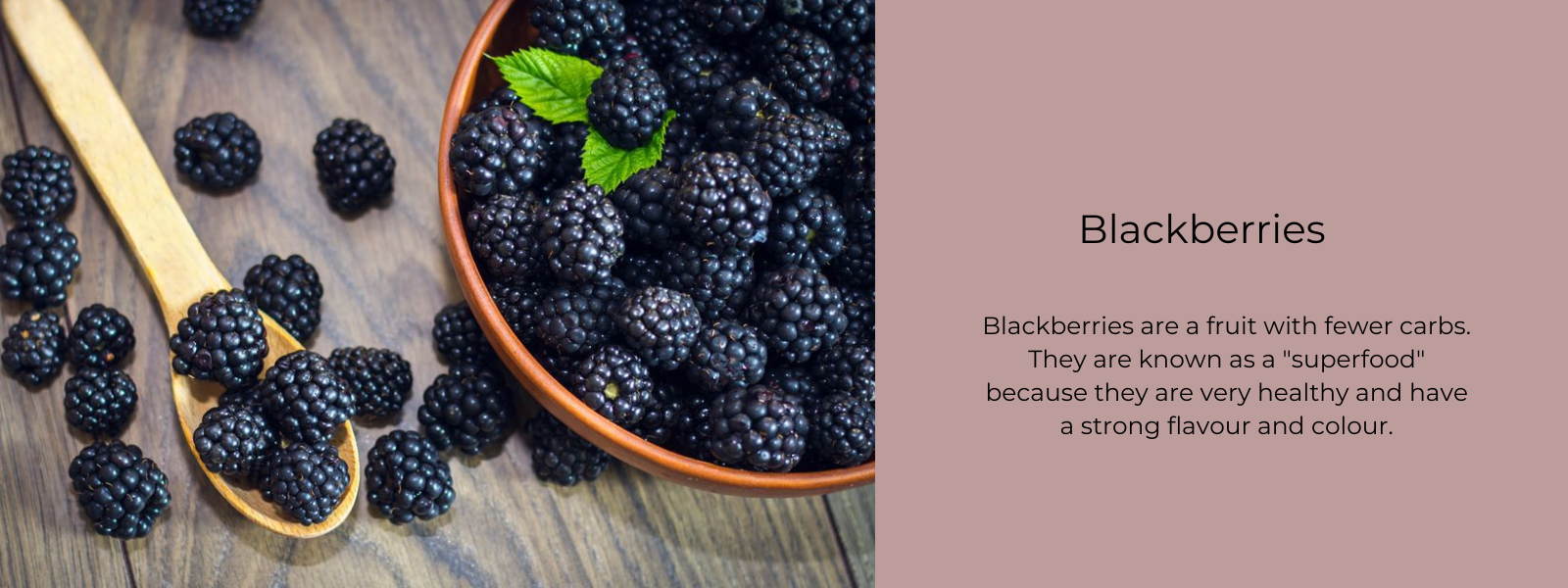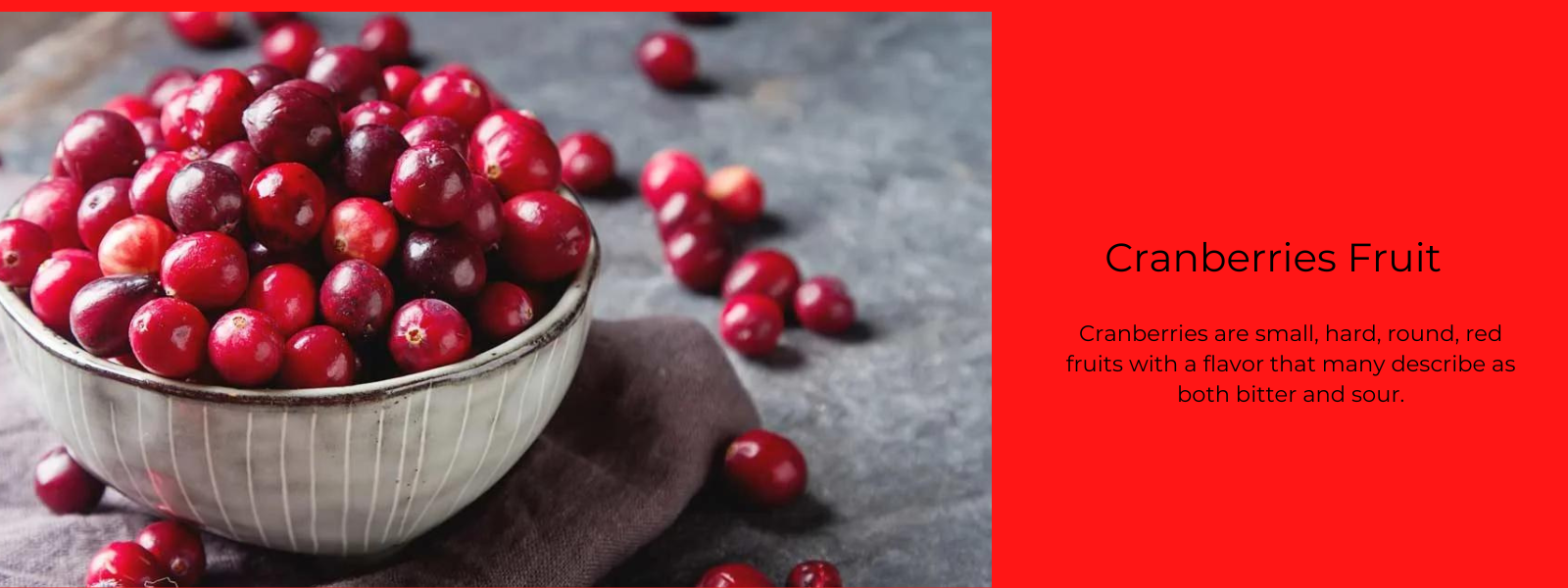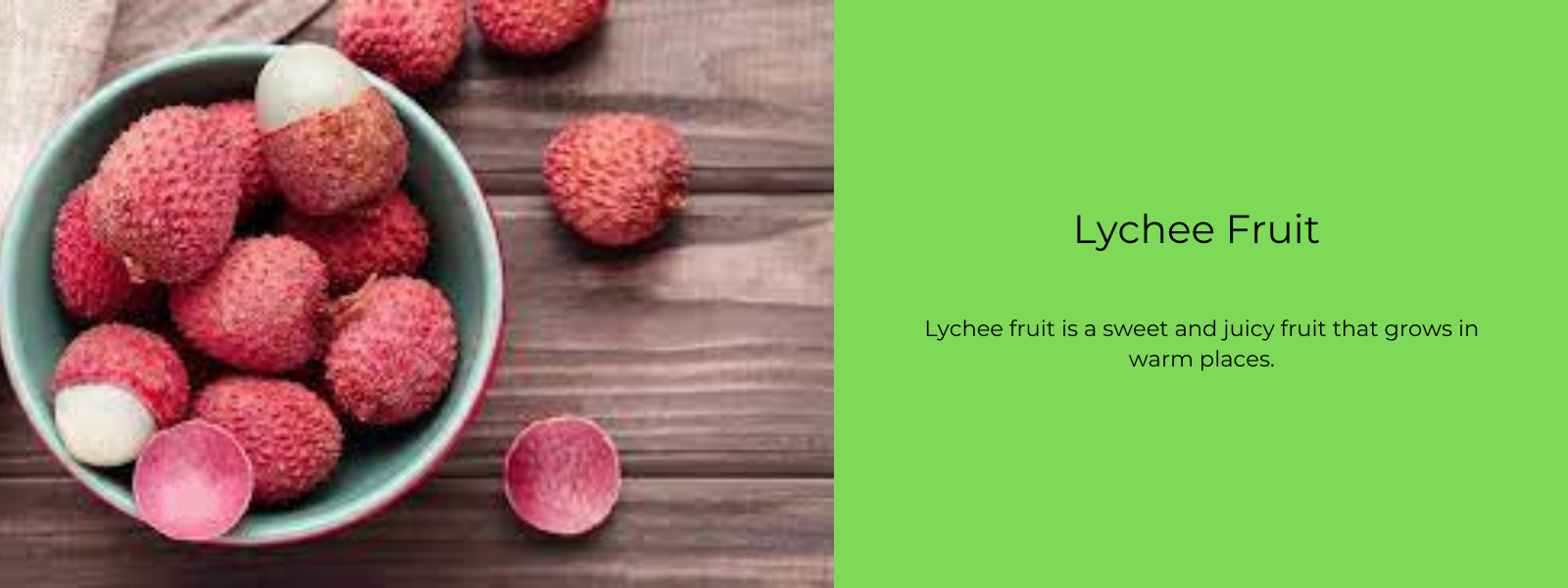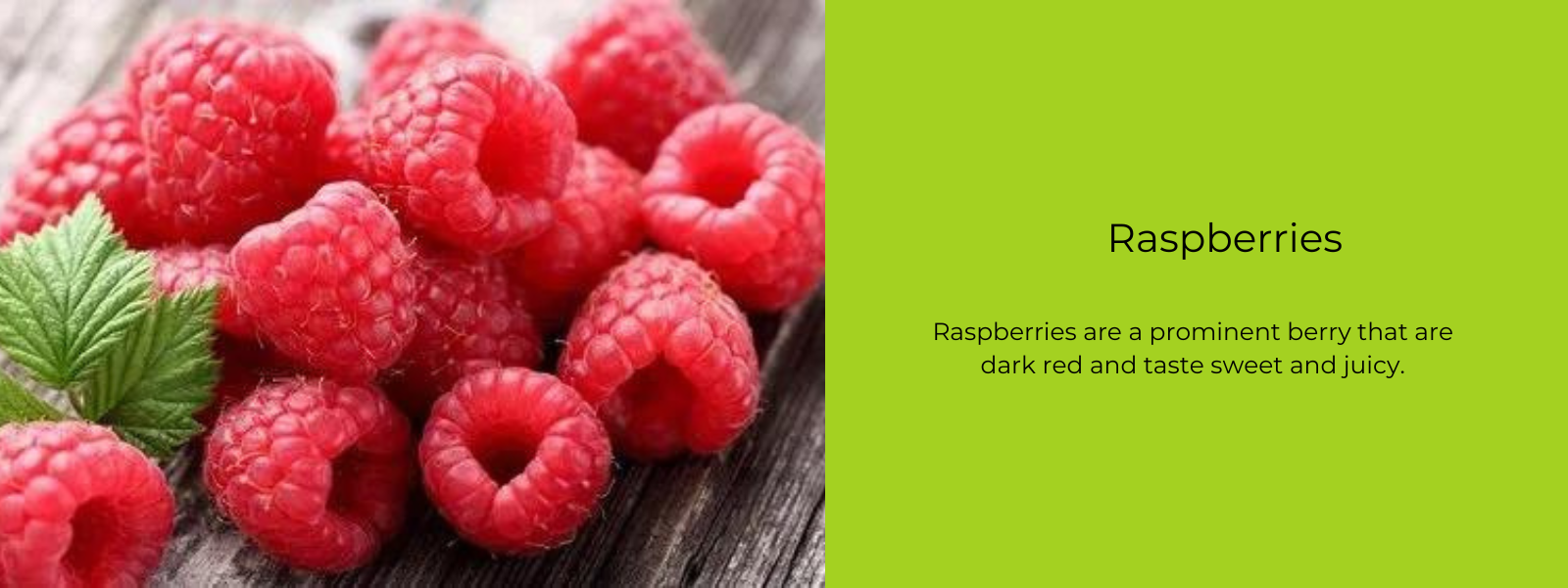It is often said that the foods that taste the finest don't always seem to be the best for our general health. Berries, however, do not follow this trend. They are nutritional powerhouses in addition to being tasty, entertaining, and wonderful.
Table of Contents
- Nutritional Value:
- Uses of Wild Berries:
- Health benefits:
- Antioxidants in abundance:
- Fiber in abundance:
- Enhanced insulin and blood sugar levels:
- Anti-inflammatory qualities:
- Reduced cholesterol:
- Beneficial to skin:
- Cancer Protection:
- Side effects of wild berries:
- Be absolutely certain about your choice:
- Avoid picking near roads:
- Avoid using insecticides:
- Healthy Wild Berries:
- Black Elderberries:
- Cranberries:
- Lychee Berries (Goji Berries):
- Blueberries and Bilberries:
- Hawthorn Berries:
- Honorary Berries:
Nutritional Value:
Below is the nutrition content of a 3.5-ounce (100-gram) serving of Wild Berry:
Calories: 43
Vitamin C: 35% of the Reference
Daily Intake (Recommended Dietary Intake [RDI])
Manganese: 32% of the RDI
Vitamin K1: 25% of the RDI
Copper: 8% of the RDI
Folate: 6% of the RDI
Uses of Wild Berries:
There are many ways to enjoy wild berries, much like berries that are farmed and picked for commercial purposes. Add them to baked goods and sweets, combine them into a smoothie, eat them as a snack with fresh berries, or sprinkle them on a salad. These tiny fruits have a delectable flavour and a wealth of health advantages.
Health benefits:
Antioxidants in abundance:
A substance found in wild berries prevents your body from producing cell-damaging free radicals. In addition to shielding your cells from harm, substances like anthocyanins, ellagic acid, and resveratrol can reduce your chance of illnesses like cancer.
Fiber in abundance:
Wild Berries are a good source of soluble fibre, which is a type of fibre. Consuming soluble fibre slows down the passage of food through your digestive tract, reducing appetite and increasing feelings of fullness. As a result, you eat less calories and maintain your weight more easily.
Enhanced insulin and blood sugar levels:
Berries also appear to include chemicals that help enhance insulin sensitivity and shield your cells from the damaging consequences of high blood sugar.
Anti-inflammatory qualities:
Berries have vibrant red, purple, and blue colours because of substances called polyphenols. It has also been demonstrated that polyphenols can aid in reducing inflammation.
Reduced cholesterol:
According to some studies, berries like strawberries and black raspberries can help lower cholesterol. Additionally, berries may help shield LDL cholesterol from oxidation or damage, which is thought to be a significant risk factor for heart disease.
Beneficial to skin:
Because free radicals are one of the main sources of skin damage that accelerates ageing, berries' antioxidants can help minimise skin wrinkling.
Cancer Protection:
Several antioxidants found in berries, such as ellagic acid, resveratrol, and anthocyanins, can lower the risk of cancer.
Side effects of wild berries:
A few vital considerations for health and safety should be made if you're picking wild berries:
Be absolutely certain about your choice:
Wild berries aren't all edible. Some include poisonous substances that can seriously illen you. Ensure that you are 100% certain of what you are harvesting before consuming any wild berries.
Avoid picking near roads:
Berries that are grown close to busy roads may contain dust, petrol, or other traffic byproduct residue. Picking wild berries is best done away from busy areas.
Avoid using insecticides:
Check to see whether any pesticides or insecticides have been used on the berries. These might include hazardous compounds that are poisonous to humans.
Healthy Wild Berries:
Black Elderberries:
Viruses that cause the cold and flu are warded off by black elderberries.
Cranberries:
Cranberries protect against urinary tract infections.
Lychee Berries (Goji Berries):
Lycopene, which helps prevent prostate cancer, is abundant in lychee berries, which may also shield us from the consequences of ageing. Cherries lessen gout and pain.
Blueberries and Bilberries:
Both blueberries and bilberries have positive impacts on ageing, mental acuity, and eye health.
Hawthorn Berries:
Hawthorn berries improve the cardiovascular system in practically every manner while lowering blood pressure.
Honorary Berries:
Dark purple grapes, pomegranates, rooibos red tea, and hibiscus flowers are frequently regarded as honorary berries in my repertoire due to their similar and complementary characteristics.











Leave a comment